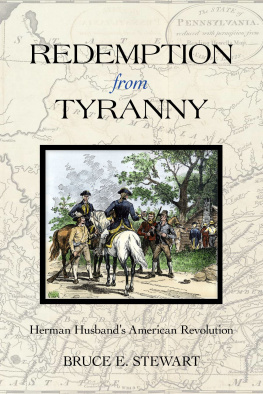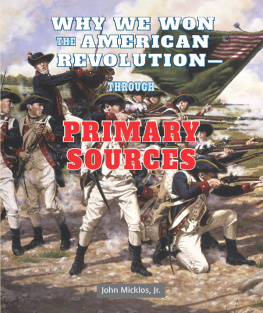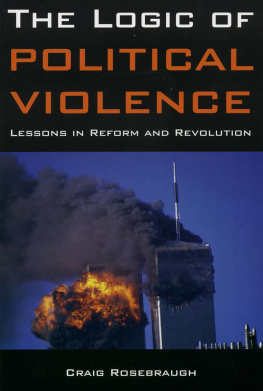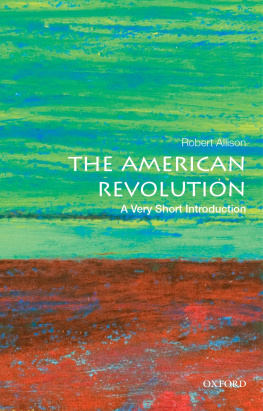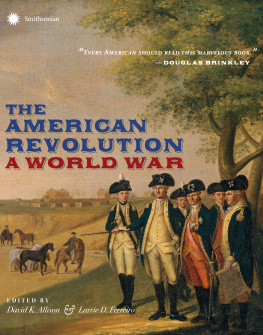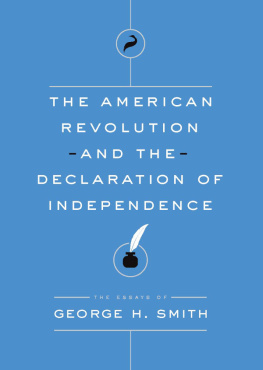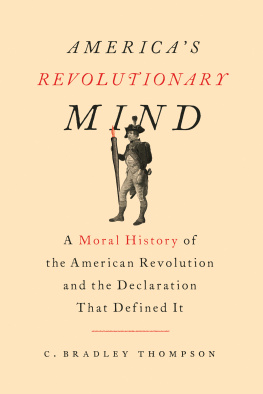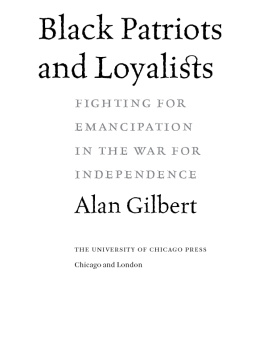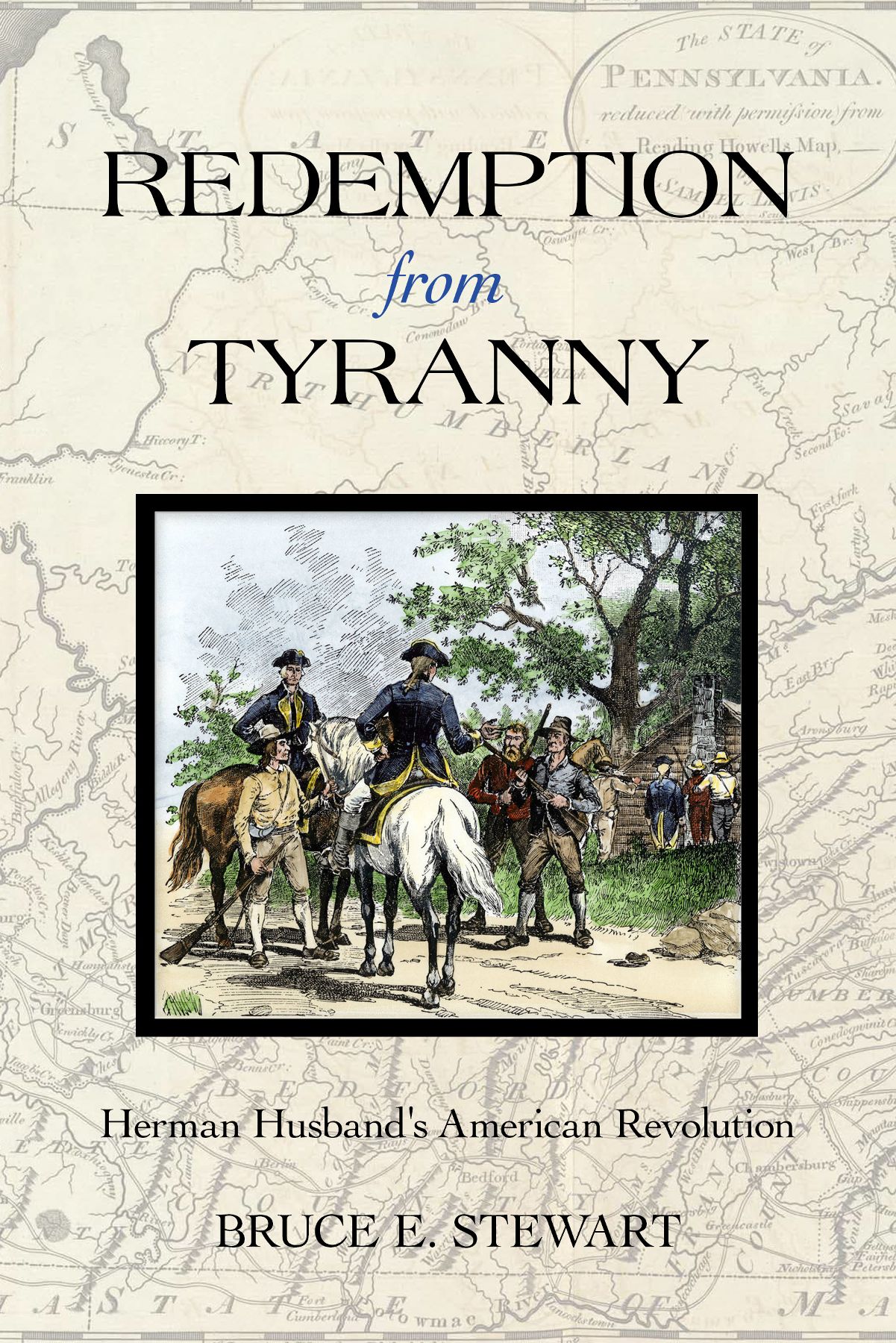Douglas Bradburn, John C. Coombs, and S. Max Edelson, Editors
Redemption from Tyranny
Herman Husbands American Revolution
Bruce E. Stewart
U NIVERSITY OF V IRGINIA P RESS Charlottesville and London
University of Virginia Press
2020 by the Rector and Visitors of the University of Virginia
All rights reserved
Printed in the United States of America on acid-free paper
First published 2020
9 8 7 6 5 4 3 2 1
Library of Congress Cataloging-in-Publication Data
Names: Stewart, Bruce E., author.
Title: Redemption from tyranny: Herman Husbands American Revolution / Bruce E. Stewart.
Other titles: Herman Husbands American Revolution
Description: Charlottesville; London: University of Virginia Press, 2020. | Series: Early American histories | Includes bibliographical references and index.
Identifiers: LCCN 2019037149 (print) | LCCN 2019037150 (ebook) | ISBN 9780813943701 (cloth) | ISBN 9780813943718 (ebook)
Subjects: LCSH : Husbands, Hermon, 17241795. | Whiskey Rebellion, Pa., 1794. | United StatesPolitics and government17891815. | PennsylvaniaPolitics and government17751865. | TaxationPennsylvania. | North CarolinaHistoryRegulator Insurrection, 17661771. | United StatesHistory17831815. | RevolutionariesUnited StatesBiography. | Bedford County (Pa.)Biography.
Classification: LCC E 302.6. H 93 S 74 2020 (print) | LCC E 302.6. H 93 (ebook) | DDC 974.8/03092 [ B ]dc23
LC record available at https://lccn.loc.gov/2019037149
LC ebook record available at https://lccn.loc.gov/2019037150
Cover art: Citizens capturing tax collectors during the Whiskey Rebellion, 1790s (inset; North Wind Picture Archives); The State of Pennsylvania from Heads of Families First Census of the United StatesState of Pennsylvania, 1908 (background; Perry-Castaeda Library Map Collection, University of Texas Libraries)
For Bub and Linda
Contents
O VER THE PAST SIX YEARS, many people have helped make this book a reality. I would first like to thank the staff at the University of Virginia Press, especially Dick Holway and Helen Chandler, both of whom provided me with invaluable assistance throughout the entire process. Woody Holtons and John Brookes perceptive suggestions greatly improved the final manuscript. I also appreciate the excellent copyediting skills of Margaret Hogan. Moreover, I am grateful to John Inscoe, Daniel Pierce, and Richard Starnes. All took time out of their busy schedules to review my book proposal and provided me with encouragement when I doubted myself. Steven Nash and Judkin Browning have also been there for me.
Other individuals have contributed to this book in a variety of ways. I owe a debt of gratitude to the archivists at the following institutions: the American Philosophical Society, William Paterson University, Guilford College, Maryland Historical Society, Historical Society of Pennsylvania, Historical Society of Western Pennsylvania, University of Pittsburgh, Maryland State Archives, New-York Historical Society, State Archives of North Carolina, Pennsylvania State Archives, Bedford County Historical Society, University of North Carolina at Chapel Hill, and Carnegie Library. I would further like to thank my colleagues at Appalachian State University for their support. Furthermore, the research for this book would not have been possible without the financial aid of Appalachian State Universitys Humanities Scholars Fellowship and University Research Council Grant. I would also like to thank those scholars whose previous research on Herman Husband greatly assisted me, most notably Mark Jones, Wythe Holt, Carole Troxler, Marjoleine Kars, George Hatchett, Dorothy Fennell, William Hogeland, and Mary Lazenby.
Above all, thanks to my family. Unfortunately, my dad and eldest brother passed away before I finished this book. I will always wonder what they would have thought about it. My father-in-law and mother-in-law, to whom this book is dedicated, are two of the kindest people I have met. Finally, I would like to thank my editor-in-chief and soulmate, Sunny.
Redemption from Tyranny
In the last days, the labouring, industrious people, the militia of freemen, shall prevail over the standing armies of kings and tyrants, that only rob them, and live upon their labour, in idleness and luxury; which is the whole ground and foundation of the contest. Without government, the strong and robust in body tyrannise; and property is not secured. With government, we have to guard against the crafty, designing, and lazy.
Herman Husband, XIV Sermons on the Characters of Jacobs Fourteen Sons
O N J UNE 18, 1795, seventy-year-old Herman Husband took his last breaths in a tavern on the outskirts of Philadelphia. Just two weeks before, the Bedford County farmer had been released from a Philadelphia jail after being acquitted of charges of sedition for participating in an upheaval that would become known as the Whiskey Rebellion. Although Husband had condemned the use of violence during the protest movement, helike the other whiskey rebelswas an outspoken critic of the 1788 U.S. Constitution and the new federal government, claiming that both benefited the wealthy few at the expense of the common people. Consequently, the Washington administration singled him out as a troublemaker, a reputation that had led to his imprisonment in October 1794. Upon his release eight months later, the old farmer began the journey back to Bedford County but collapsed from his horse just outside of Philadelphia and was taken to a nearby tavern. As he lay dying, Husband must have bemoaned the fact that his vision of the New Jerusalem in Americawhere every white farmer owned land, participated in government, and enjoyed the fruits of his laborwould never become a reality. The spirit of tyranny had proven too strong to vanquish.
Husbands career as a rabble-rouser began several decades before the Whiskey Rebellion. Born in Maryland in 1724, he was the son of a prominent planter and spent his childhood training to become a member of the colonys Anglican elite. That would change in 1739, when he first heard the famous evangelist George Whitefield preach. The teenager had already begun to question his Anglican upbringing, and Whitefields exhortation to rely on individual conscience, rather than church officials, to achieve salvation inspired Husband to abandon Anglicanism for the burgeoning evangelical counterculture. This antiauthoritarian rhetoric would also eventually influence his political activism, as he would insist that all white mennot just the elitehad the ability and a moral obligation to participate in government.
In the early 1750s, Husband moved to the North Carolina Piedmont, where he prospered as a farmer, acquiring over ten thousand acres of land in Orange and Rowan Counties. However, in the 1760s, he found himself at odds with the colonys elite and became a spokesman for a group of farmers opposed to the backcountrys political and economic inequalities. Calling themselves Regulators, these agitators sought to challenge the status quo, condemning and on occasion accosting local officials who they believed exploited the common people by depriving them of the fruits of their labor. As a pamphleteer and elected assemblyman, Husband proved an invaluable ally of the Regulators, portraying their cause as a noble attempt to restore honesty and virtue to government and supporting legislation that limited the concentration of wealth in the hands of a few. After North Carolina militiamen suppressed the protest movement at the Battle of Alamance in 1771, he fled the colony with a bounty on his head.

